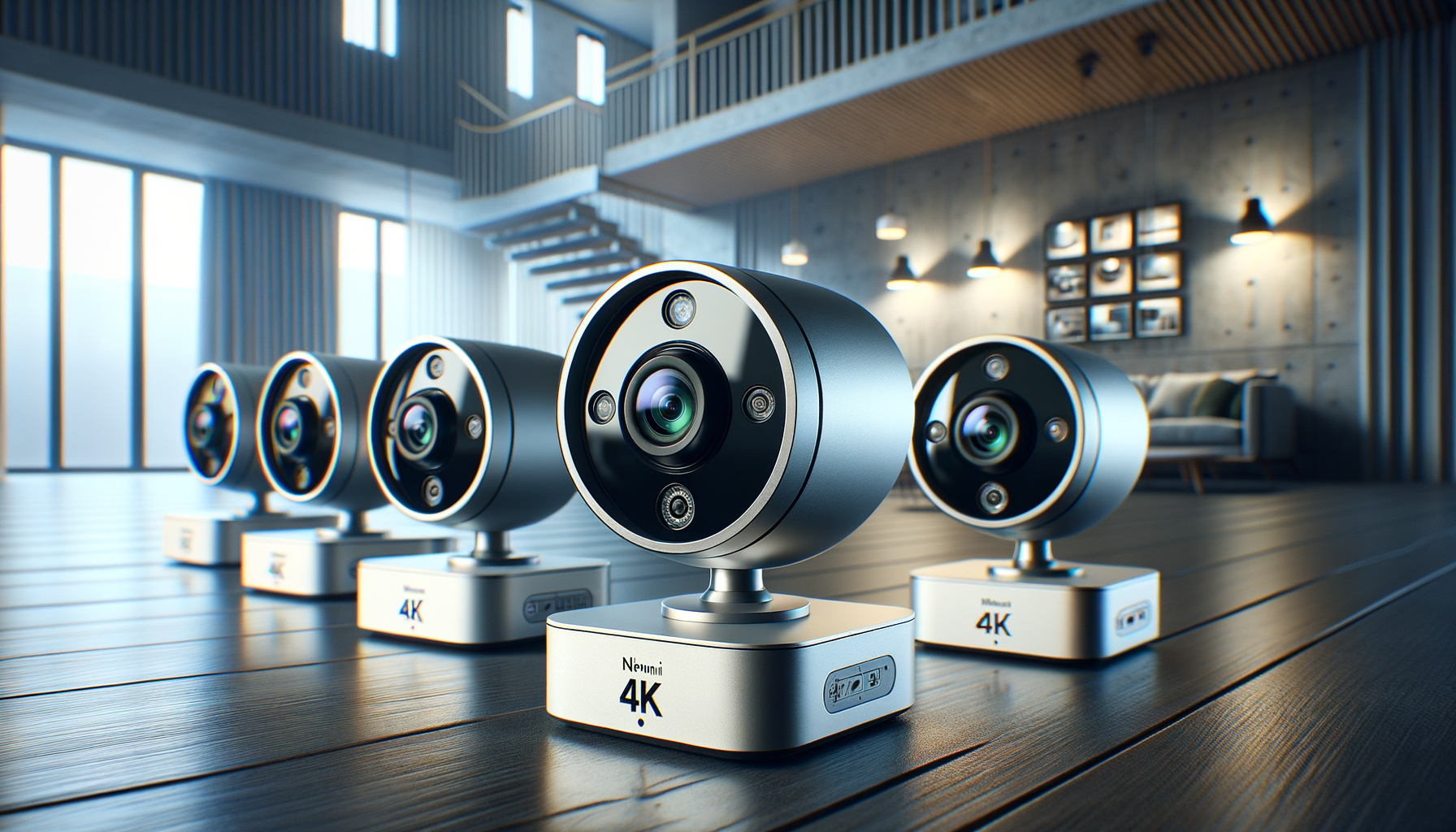The Role of Industrial Machines in Modern Food Processing
Industrial machines have become indispensable in the food processing industry, where efficiency and consistency are paramount. These machines are designed to handle large volumes of food products, ensuring that each batch meets strict quality standards. The automation of processes such as slicing, mixing, and packaging has revolutionized the way food is prepared and distributed. By reducing manual labor, industrial machines help in minimizing human error, thus enhancing the overall safety and quality of food products.
One of the key benefits of using industrial machines is their ability to operate continuously, which is crucial for meeting the high demands of mass production. These machines are equipped with advanced sensors and control systems that allow them to adjust to different processing requirements automatically. This adaptability is essential for manufacturers who need to switch between different products without significant downtime.
- Enhanced efficiency through automation
- Consistency in product quality
- Improved safety and reduced human error
Overall, the integration of industrial machines in food processing not only boosts productivity but also ensures that consumers receive high-quality products consistently.
Innovations in Food Processing Machinery
The field of food processing machinery has seen significant innovations over the years, driven by the need for more efficient and versatile equipment. One notable advancement is the development of high-capacity food processors that can handle a wide range of products, from delicate fruits to tough meats. These machines are designed to perform multiple functions, such as chopping, slicing, and grating, all in one unit.
Another innovation is the use of robotics in food processing. Robots are increasingly being used for tasks that require precision and consistency, such as sorting and packaging. They can work alongside human operators, enhancing productivity and reducing the risk of workplace injuries. Additionally, the integration of artificial intelligence (AI) in these machines allows for real-time monitoring and adjustments, ensuring optimal performance.
- High-capacity multifunctional processors
- Robotics for precision and safety
- AI integration for real-time monitoring
These innovations are paving the way for more sustainable and efficient food processing practices, which are essential for meeting the growing global demand for food.
Automation and Its Impact on Food Safety
Automation in food processing has a profound impact on food safety, a critical aspect of the industry. Automated systems are designed to maintain strict hygiene standards, reducing the risk of contamination. For instance, automated slicing systems ensure that food products are handled minimally, decreasing the potential for bacterial growth.
Moreover, automated cleaning systems can be integrated into processing lines, ensuring that equipment is thoroughly sanitized between production runs. This not only enhances food safety but also extends the lifespan of the machinery by preventing buildup that can lead to mechanical failures.
- Minimized human contact reduces contamination risk
- Integrated cleaning systems for enhanced hygiene
- Consistent monitoring for compliance with safety standards
By implementing automation, food manufacturers can achieve higher safety standards, which is crucial for maintaining consumer trust and complying with regulatory requirements.
The Economic Benefits of Industrial Machines in Food Production
Investing in industrial machines for food production can lead to substantial economic benefits. These machines are designed to maximize output while minimizing waste, which directly translates to cost savings. For example, automated portioning systems ensure that each product is cut to exact specifications, reducing excess and improving yield.
Furthermore, the increased efficiency of industrial machines allows manufacturers to scale operations without a proportional increase in labor costs. This scalability is vital for companies looking to expand their market presence and meet the demands of a growing consumer base.
- Reduced waste and improved yield
- Scalability without increased labor costs
- Faster return on investment
Overall, the economic advantages of using industrial machines in food production are clear, making them a worthwhile investment for any company looking to enhance its competitive edge.
Future Trends in Industrial Food Processing Equipment
As technology continues to evolve, the future of industrial food processing equipment looks promising. One emerging trend is the use of sustainable materials and energy-efficient designs. Manufacturers are increasingly focusing on reducing the environmental impact of their operations, which includes developing machines that consume less energy and produce less waste.
Additionally, there is a growing interest in smart machines that can communicate with each other and with central control systems. This connectivity allows for better coordination and optimization of the entire production process, leading to increased efficiency and reduced downtime.
- Sustainable and energy-efficient designs
- Smart machines with connectivity
- Focus on reducing environmental impact
These trends indicate a shift towards more responsible and efficient food processing practices, which are essential for ensuring the sustainability of the industry in the long term.




Leave a Reply